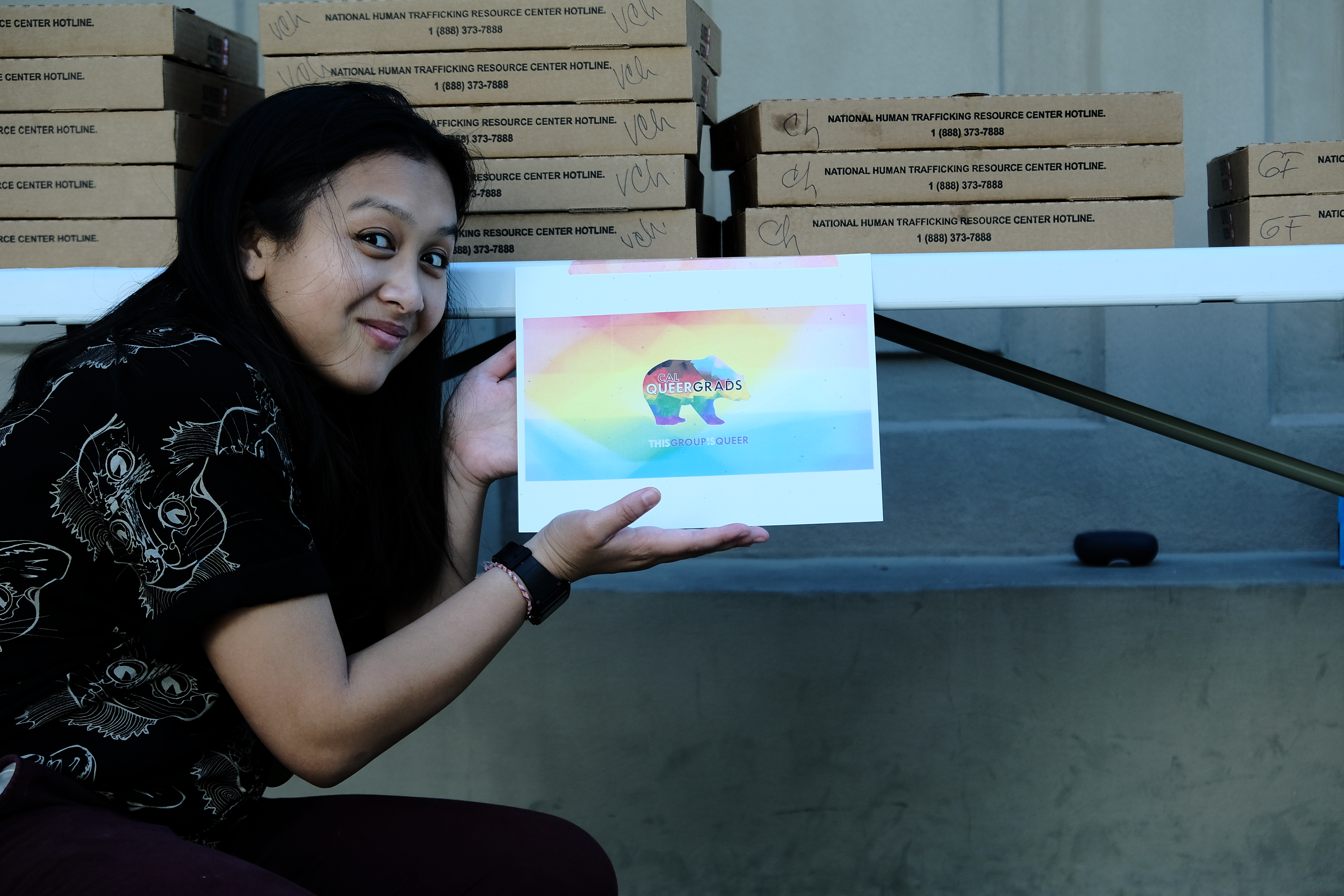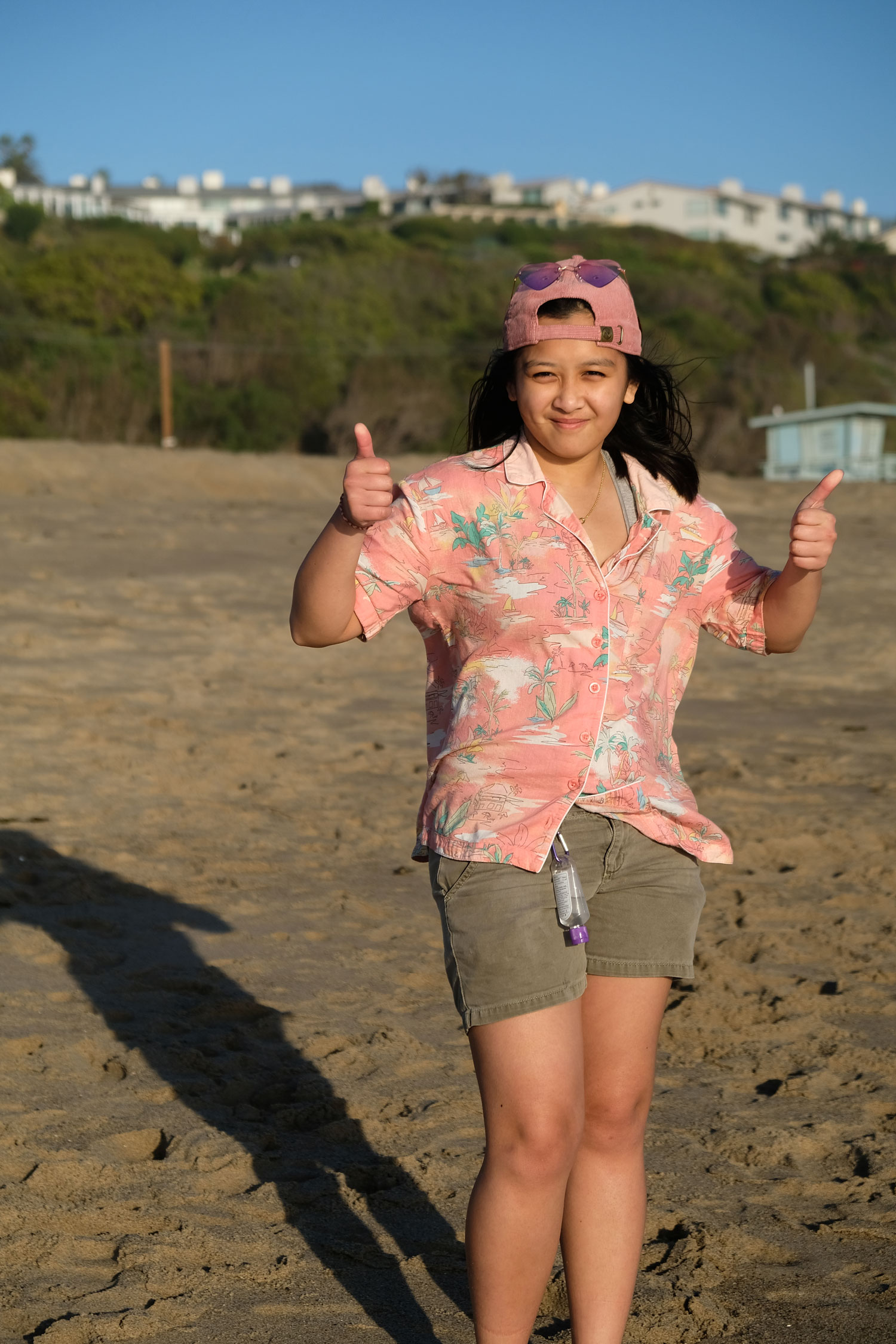Beatrice (Bea) Fadrigon is a second-year MIMS student focusing on qualitative research. This summer, she is working as an Inclusive Recruitment Programs Intern at Palo Alto Networks. Prior to the I School, Bea completed a Bachelor of Science in psychology and a minor in film at the University of Pittsburgh.
What is an information challenge that intrigues you?
My past research has focused on how queer people of color (QPoC) use information communication technologies (ICTs) to cope with stigma. Specifically, I was intrigued by the information systems that this community used to fight against the stigma on their doubly marginalized identities. In this exploratory study, we found that they used eleven different ICTs including social media like Instagram and Twitter, streaming platforms like YouTube or Twitch, and forums like Reddit. These platforms allowed QPoC to explore their community, interact with others, and distract themselves from offline, real-world stigma. I hope to be able to continue pushing forward in this intersectional topic and see what else there is to learn from such a resilient community.
What has been your favorite class?
As a qualitative researcher, my favorite class so far has been Qualitative Research Methods with Laith Ulaby. Though I came into the class with experience conducting qualitative research at my undergraduate institution, he was still able to teach me to look at conducting qualitative research in a new light, and gave me the chance to present my findings in a non-traditional manner (a documentary that can be found on my website: Steer Clear, Queer: Online Navigation as Queer People of Color).
Can you share any thoughts on how your identity has shaped your path, contributing to challenges and opportunities, or unique skills, strengths, or perspectives you bring?

As a queer, first-generation immigrant from the Philippines, this positionality has impacted the lens through which I view my experiences. Since moving to the United States, my family has largely settled down in a small rural Pennsylvanian town, where finding others that looked like me required at least a four-hour drive to the closest Filipino grocery store. Despite the hardships that this isolation caused, it allowed me to learn how to become an example and a leader to those who may not often see BIPOC, let alone LGBTQ+ BIPOC around them. Through these experiences, I have been able to understand how to effectively communicate difficult and controversial ideas to aggressively reluctant groups, and find a way to create safe spaces for the people that they marginalize. I’m able to research and present information in an effective way, paving the way for change not only through academia but also through my internship this summer and in my previous involvement in local community organizations.
What does Pride/Pride month mean to you? How do you celebrate Pride?
For me, Pride month means the opportunity to queer the norms unabashedly. Using ‘queer’ as a verb instead of an adjective, I do my best to make an impact on the LGBTQ+ community by queering the spaces I’m in. In the past, I celebrated Pride by posting interactive Instagram stories that allowed people to learn more about how to queer their self-expression, their sexuality, or generally their environment.
You helped revive the Queer Grads org at UC Berkeley. Why was that important to you? Tell us about the impact of having a community group like this one.
Reviving Queer Grads was important to me because I missed having community and creating community. At The University of Pittsburgh, I co-founded an organization for LGBTQ+ Asian Americans, since that space was not well supported in Pittsburgh. Similarly at UC Berkeley, I recognized that almost all of the LGBTQ+ spaces in the area were filled with and for undergraduate students, and as a first-generation graduate student in my family I was navigating this journey alone. I wanted to find and create a community like I did previously, and the impact of having this group has significantly changed the ways I’ve gotten to know campus and the pockets of graduate students scattered across. We’ve been able to host events, and in conjunction with my position at the Gender Equity Resource Center as a graduate assistant, I have been working on building a foundational structure for Queer Grads that will hopefully exist long past my time here at Cal.
What advice would you give an incoming or prospective MIMS student?

Get involved outside of the I School, outside of your cohort, and outside of the city of Berkeley. As someone who moved across the country by myself, it was at first isolating to not know where to go to find community besides campus. While there are a lot of amazing opportunities within the UC Berkeley community, the east bay has SO much to offer. It’s important as two-year master’s students that we are supporting local and small-owned businesses, and not contributing to the gentrification of tech in Oakland and Berkeley.









